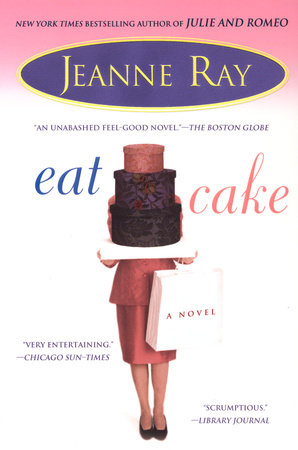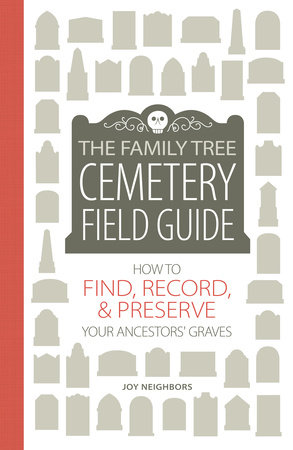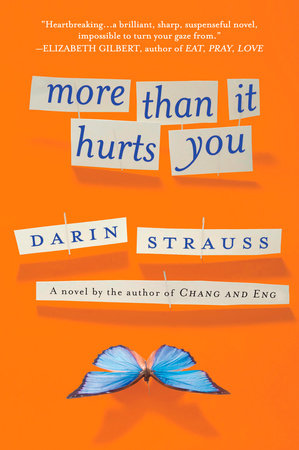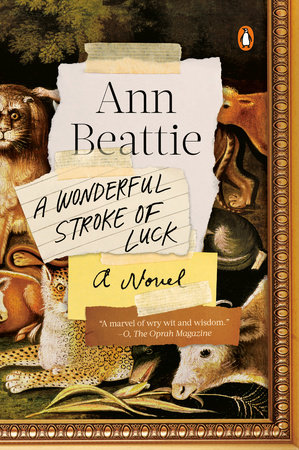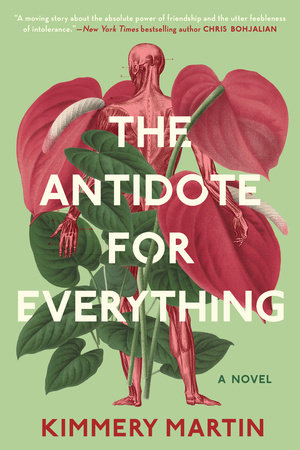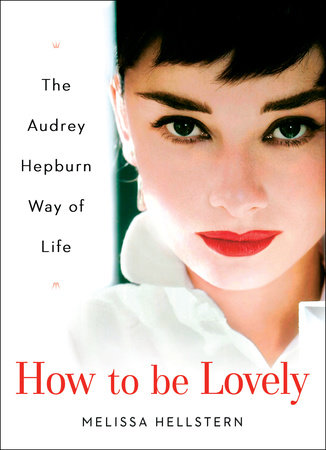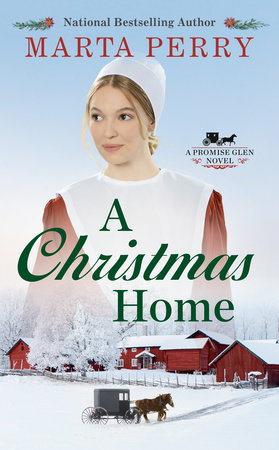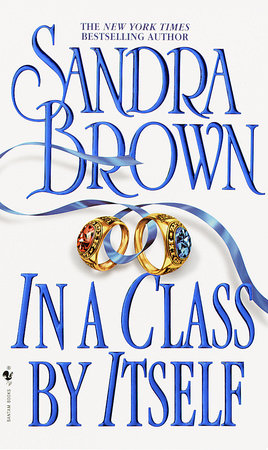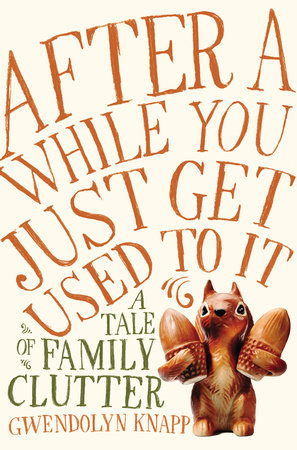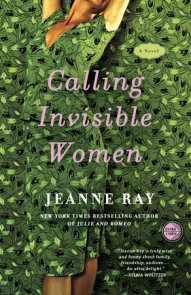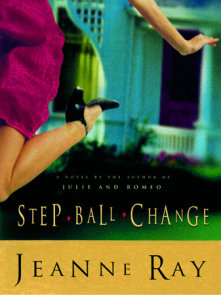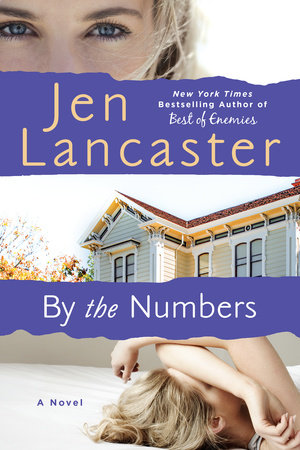Author Q&A
A CONVERSATION WITH
JEANNE RAY
Q. You’ve said that William Shakespeare inspired your first novel, JULIE AND ROMEO, and that Jane Austen inspired your second novel, STEP-BALL-CHANGE. Who inspired EAT CAKE?
A. Much as I’d love to tell you that T.S. Elliot inspired EAT CAKE, it was really me. Both because I tend to bake or clean when I’m in emotional distress, and because my protagonist, Ruth, has a talent that her daughter helps her claim. For many years, I had a vague suspicion that I could write, but it wasn’t until my daughter encouraged me that I was able to make it part of my life.
Q. You make Ruth’s love of baking cakes so vivid and real in the novel, I wonder if you bake cakes too. If so, what do you love about it? How did you choose the luscious cake recipes at the end of the book?
A. I love everything about baking cakes. I love going to the store and selecting the best ingredients, bringing eggs and butter to room temperature, measuring sifted flour and
sugar carefully into clean dishes, whipping and stirring and folding. The whole process is enormously satisfying and usually produces a scrumptious cake, which I then enjoy giving away. It’s a “no lose” situation. The cakes in the book are not my “old standards.” They were selected (and I’ve made every one) because each has a special something that sets it apart—color, flavor, and texture that make each cake a little different.
Q. Guy and Hollis are wonderful characters, and I enjoy getting hints about how their prickly relationship has evolved over time. Their relationship suggests that sometimes a man and woman might truly love each other, but simply be unable to live together. Was that your intention, and if so, can you comment more fully?
A. I do believe that love is not enough to sustain a long relationship. It takes a special respect for each other, a particular degree of appreciation and continuity to live together well over the years.
Q.. Florence Allen, the nurse who is originally hired to help Guy and ends up helping Ruth as well, is a delightful character. Since you’re a nurse, too, I wonder if you drew on your own experience in creating Florence.
A. In truth, Florence Allen is not a nurse but an Occupational Therapist. I did, however, draw heavily on my experience as a nurse when I created her. She epitomizes everything I find important in a caregiver: knowledge, professionalism, compassion, AND the ability to laugh!
Q. Sam’s desire to build wooden sailboats, Ruth’s desire to bake cakes…Perhaps one of the reasons why readers find Sam and Ruth so likeable is that many of us secretly yearn to pursue impractical dreams. Do you believe that it’s truly possible to follow one’s dreams without becoming financially irresponsible?
A. As crass as it might sound, we do need to live up to our fiscal responsibilities. That’s just one of the reasons I think it’s wonderful to try new things when we’re older, have our
children raised, and our homes paid down. It means delaying gratification sometimes, but it’s a great feeling to begin to explore our creative selves after we’ve paid our financial dues.
Q. Each of your novels touches on aspects of contemporary life that we can all relate to, yet you add a gloss of warmth and wisdom. Do you consciously choose to tackle subjects that many families face, such as unemployment and caring for aging or disabled parents?
A. Absolutely. Having spent my life dealing with the more or less common grievances—my own and others’—I wanted to write about these things. It’s important to me to let people know that they’re not alone in their struggles.
Q. As this guide is being written, you’ve recently finished a month-long tour to promote the hardcover edition of EAT CAKE. Were there any particularly memorable experiences during your travels that you’d like to share?
A. It’s a beautiful thing to find out how many folks bake cakes when they’re feeling stressed. One lady in particular told a great story about “dead man’s cakes”—a relative of hers who baked and froze cakes to present to families who had just lost a loved one. Better than flowers!
Q. Do you think that as a society we need to take more time to figuratively “bake cakes”? Do you find yourself seeking ways to savor more of life’s small pleasures?
A. I think one of the causes of the eating disorders which abound in our fast-paced society is that we lose touch with the myriad pleasures associated with food: the growing, the picking, the buying of ingredients, the preparation, the smells in the kitchen. It’s not enough to cram a bit of sustenance in your mouth and swallow until you’re full. One needs to process the whole experience to be truly satisfied.
Q. What are you cooking up these days—literally or figuratively, professionally or personally?
A. I am still baking cakes, working one day a week as a nurse, and I have a new novel playing with my brain. I am enjoying my life in many different ways.
